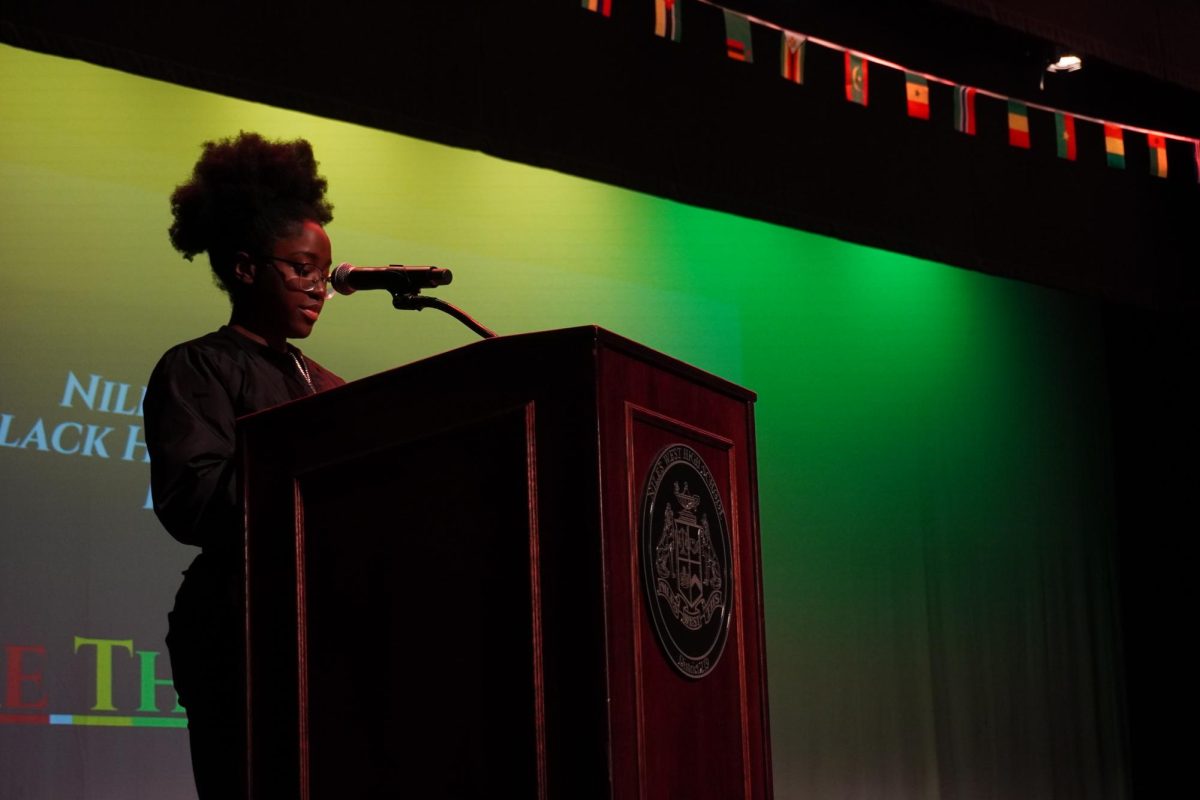Summer is a time for sleeping in, going to the beach, and hanging out with friends. While summer is a time to relax and enjoy life, there’s always the dreaded and ever-present thought of summer reading.
This year, I decided to expand my horizons by reading the classic “A Separate Peace” by John Knowles. As I scrolled through the Barnes and Noble website, the book continually received stellar reviews.
“No wonder this is a classic,” one said. “I’m glad to have picked this book up!”
From there, I went to the library and borrowed a copy for myself. When I got home, I decided to settle down in my favorite chair and read the 200 page novel in one sitting. I regretted this in less than 10 minutes.
The book drags right from the start. I couldn’t understand who was talking or why the setting was constantly changing. There is also a major lack of female characters, which was extremely off-putting. I was confused about who I thought were two separate characters, Finny and Phineas, for the first 30 pages of the book. For a book that was supposed to be ‘one of the greatest of all time,’ it got more disappointing as I kept reading.
Throughout the book, there was never a clear plot. It just seemed to be a scattered recall of a reminiscent high schooler’s memories. The shifts from reality to flashbacks were sudden, and they cut into the flow of the story. There was little to no action, but when there was, the author summed it up in two or three measly sentences.
Nothing in the story could ever hold my attention for more than a minute. All of the characters complained about life, then got injured trying to have fun, then complained about being injured. It was a never-ending cycle of bickering and whining.
Overall, I would not recommend this book to most people, simply because it was too boring to keep reading. Then again, there wasn’t much variety in the given choices. The list boasted ’40 books to choose from,’ but they all either seemed uninteresting, or something I would pick up in fifth grade.
I spoke to school librarian Sherry Baehr in order to find out why we actually have to do summer reading, and how the books are selected.
“According to research, some kids can lose reading achievement over the summer, and the best way to prevent this is to read,” Baehr said. “We have summer reading in hopes of curtailing this ‘summer slide.’ We don’t like to choose books that we think students should read, we choose books that students want to read.”
While the reasoning is sound, I still don’t think that the books on the list were that great, although the pictures seemed tailored to students. If it were up to me, I would allow students to pick any book they wanted. This would ensure that the ‘summer slide’ wouldn’t happen — but more importantly, it would encourage students to pick up a book on a topic they enjoy, rather than just choosing the book with the least pages.
Although Summer ’16 has officially come to an end, summer reading will come again next year. Until then, you can catch me swamped with schoolwork, definitely without any time to read for pleasure.








